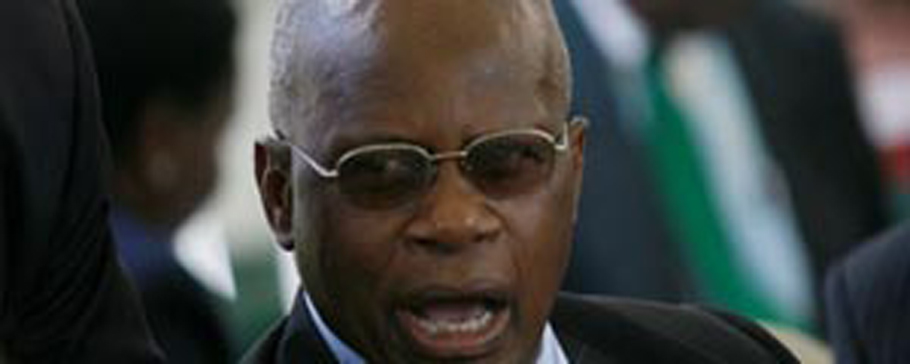
ZIMBABWE’S cumulative trade deficit in the three years up to 2014 has totalled $6,3 billion as the country pulled in more imports than exports, a body that advocates the buying of local products has said.
TARISAI MANDIZHA BUSINESS REPORTER
Buy Zimbabwe general manager Munyaradzi Hwengwere said the deficit, driven mainly by consumptives, would have been used to reduce the country’s $9,9 billion debt.
Giving oral evidence before the Parliamentary Portfolio Committee on Industry and Commerce yesterday, Hwengwere said in the period January to June 2014 Zimbabwe’s import bill was $2,9 billion against exports of $1,2 billion creating a deficit of $1,8 billion.
In 2013, the country’s import bill was $3,896 billion against exports of $1,546 billion creating a deficit of $2,350 billion.
“The cumulative deficit for the three years is $6,3 billion close to $10 billion national debt. The cumulative trade deficit would have been sufficient to wipe out our national debt,” he said.
“What it means is that the $1,7 billion deficit for the six months, $1 billion is the market capitalisation of Zimplats, $500 million market capitalisation of Mimosa and the $200 million is resuscitation of Shabanie Mine meaning that somewhere out there we have built Zimplats Mine, Mimosa Mine and the two Shabanie Mines.”
Hwengwere said 60% of the import bill in Zimbabwe was mainly as a result of government expenditure.
- Chamisa under fire over US$120K donation
- Mavhunga puts DeMbare into Chibuku quarterfinals
- Pension funds bet on Cabora Bassa oilfields
- Councils defy govt fire tender directive
Keep Reading
He, however, said to address these challenges government should implement the statutory instrument provisions to ensure 50% of the goods are procured locally. Hwengwere said government should put in place export incentives and credit incentives for companies who procure locally.
“There is a clear policy pronouncement by Finance and Economic Development minister Patrick Chinamasa to prioritise local procurement, but at the same time you find Members of Parliament preferring to import vehicles instead of purchasing from Willowvale Mazda Motor Industry or Quest Motors,” he said.











